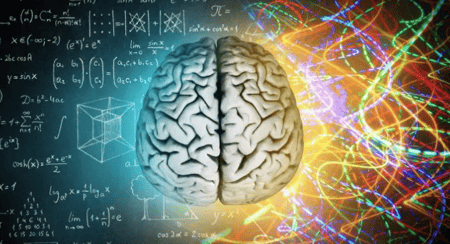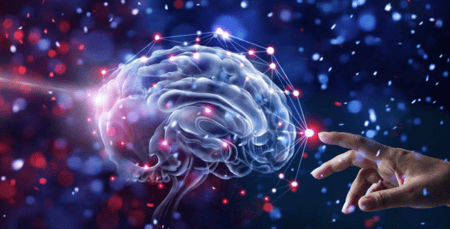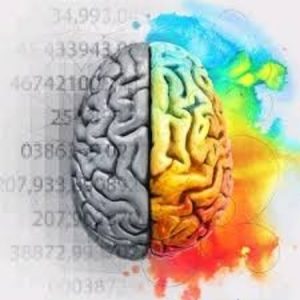So… what actually happens when you start neuro-coaching?
First, we ditch the one-size-fits-all approach. This is a personalized, brain-friendly journey designed to help you reach your goals, not someone else’s version of success.
Using the science of how your brain works, we break big goals down into small, manageable steps. You will walk away with more clarity, confidence, and structure. Whether you are aiming for personal growth, better leadership, stronger relationships, or just more peace in your daily life, this process meets you right where you are.
What you can expect:
Clarity that sticks
We will get crystal clear on what really matters to you. Together, we align your time, energy, and goals with your deeper values, so you are not just “busy,” you're fulfilled.
Mindset shifts that last
Say goodbye to limiting beliefs and that inner critic voice. With the help of neuroscience-backed tools, we will rewire those old thought patterns into something more empowering and energising.
Greater emotional resilience
Learn how to regulate emotions with more ease. No more getting stuck in overreaction mode. You will gain strategies to handle stress, navigate change, and bounce back stronger.
Better communication and relationships
When you understand how the brain processes information, you are better equipped to respond (not react). This means fewer misunderstandings, better boundaries, and stronger personal and professional connections.
More ownership, less overwhelm
Through coaching, you will build greater accountability, not just to others, but to yourself. That sense of alignment, ownership, and follow-through? It becomes your new normal.
A more balanced, satisfying life
Neuro-coaching helps you design a life that supports your well-being, not drains it. It is about real growth, real change, and a whole lot more satisfaction along the way.
Whether you are navigating a career shift, recovering from burnout, working through personal transitions, or simply want to live more intentionally, neuro-coaching gives you a science-backed path forward.



